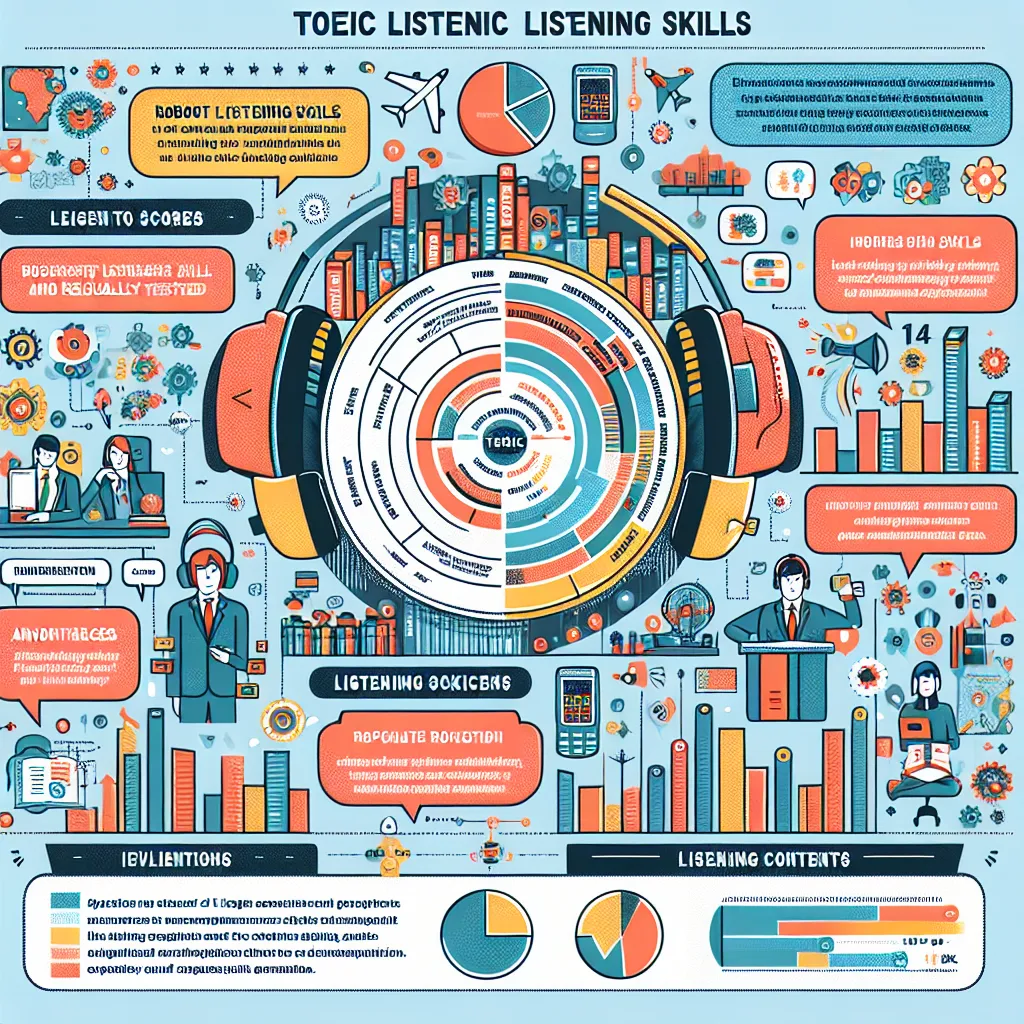Are you preparing for the TOEIC exam and wondering about the vocabulary requirements? This comprehensive guide will help you understand the importance of vocabulary in TOEIC and provide strategies to build your word bank effectively.
Understanding TOEIC Vocabulary Requirements
The Test of English for International Communication (TOEIC) is designed to assess English language proficiency in a business context. While there’s no official word count requirement, a strong vocabulary is crucial for success.
 TOEIC Vocabulary Importance
TOEIC Vocabulary Importance
The Role of Vocabulary in TOEIC
Vocabulary plays a significant role in all sections of the TOEIC test:
- Listening Comprehension: Understanding spoken English requires a broad vocabulary.
- Reading Comprehension: Interpreting written passages demands a strong grasp of business and general English terms.
- Speaking: Expressing ideas clearly necessitates a diverse vocabulary.
- Writing: Crafting coherent responses requires precise word choice.
How Many Words Should You Know?
While there’s no exact number, experts suggest aiming for a vocabulary of 5,000-7,000 words for a competitive TOEIC score. Here’s a breakdown:
Beginner Level (300-400 points)
- Target: 2,000-3,000 words
- Focus: Common everyday words and basic business terms
Intermediate Level (500-700 points)
- Target: 4,000-5,000 words
- Focus: More advanced business vocabulary and idiomatic expressions
Advanced Level (800+ points)
- Target: 6,000-7,000 words
- Focus: Sophisticated business terminology and nuanced expressions
Strategies for Building Your TOEIC Vocabulary
1. Use TOEIC-specific Resources
Invest in TOEIC preparation books and online resources that focus on relevant vocabulary. These materials often categorize words by business themes or test sections.
2. Create Vocabulary Lists
Organize words into thematic lists such as:
- Office equipment
- Financial terms
- Marketing jargon
- Human resources vocabulary
3. Practice with Flashcards
Use digital or physical flashcards to review words regularly. Apps like Anki or Quizlet can help with spaced repetition learning.
4. Read Business Publications
Expose yourself to authentic business English by reading:
- The Wall Street Journal
- Harvard Business Review
- The Economist
5. Listen to Business Podcasts
Improve your listening skills and vocabulary simultaneously with podcasts like:
- Business English Pod
- BBC Global News Podcast
- HBR IdeaCast
Important Considerations
Quality Over Quantity
While expanding your vocabulary is important, understanding how to use words correctly is equally crucial. Focus on learning words in context rather than memorizing definitions in isolation.
Regularly Review and Apply
Consistent revision is key to retaining new vocabulary. Aim to use new words in your speaking and writing practice to reinforce learning.
Pay Attention to Collocations
Many TOEIC questions test your knowledge of word partnerships. For example, “conduct a meeting” rather than “do a meeting.”
Next Steps in Your TOEIC Preparation
- Take a diagnostic test to assess your current vocabulary level.
- Set realistic weekly vocabulary goals based on your target score.
- Incorporate vocabulary learning into your daily routine, even if it’s just 15-20 minutes.
- Practice TOEIC-style questions regularly to apply your expanding vocabulary.
Remember, building a strong TOEIC vocabulary is a gradual process. Consistency and targeted practice are key to improving your word bank and achieving your desired score.
[internal_links]
By focusing on relevant business vocabulary and employing effective learning strategies, you can significantly enhance your performance on the TOEIC exam. Start your vocabulary journey today, and watch your TOEIC score improve!




